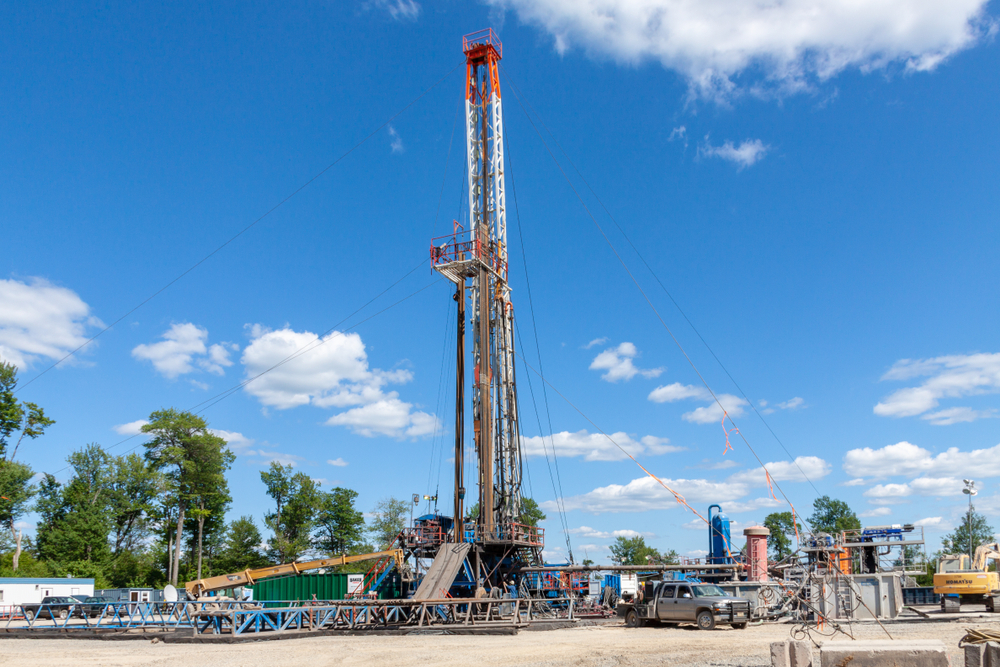
The Marcellus Shale Coalition (MSC) recently highlighted a new report from the Susquehanna River Basin Commission’s (SRBC) continuous water quality monitoring project, noting that the report did not show evidence of quality changes due to natural gas development.
Marcellus Shale Coalition President David Spigelmyer released the following statement on the report.
“As the Delaware River Basin Commission weighs a ban on safe, natural gas development, regulators should look to the success in the neighboring Susquehanna River Basin and the continuous water monitoring which shows no change to quality or quantity, as further evidence that natural gas development and strong protection for our environment are not mutually exclusive,” Spigelmyer said. “Our industry works tirelessly to leverage improving technologies, world-class engineering solutions, and best practices aimed at safeguarding and enhancing our environment, including groundwater protection, as well as public health. Working together with regulators and other stakeholders, we continue to make important and collaborative environmental as well as economic progress.”
In January 2010, the SRBC Remote Water Quality Monitoring Network (RWQMN) began measuring and reporting water quality conditions in small streams that could potentially be impacted by the natural gas industry. The project monitors specific conductivity, turbidity, and water temperature, which are the continuous monitoring parameters that would likely show an immediate, real-time change if natural gas drilling activities were negatively impacting stream conditions.
In the most recent report, the researchers did not note any significant quality or quantity changes attributable to the natural gas industry. The discrete water chemistry samples taken by the researchers indicated that the 16 monitored streams are meeting water quality standards and levels of concern, with a few exceptions.
Except for the monitoring station on Kettle Creek, which was removed in spring 2019, SRBC will continue to monitor the water chemistry and biological health of the streams and use the data in existing and future analyses.